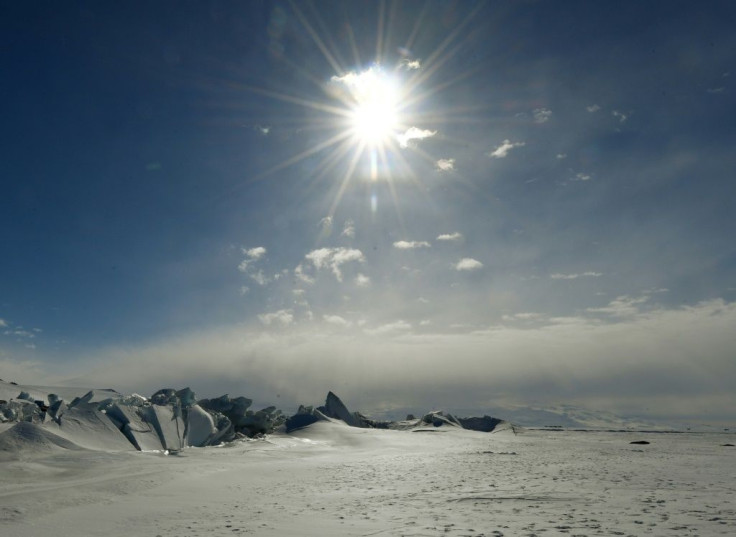Scientists Discover Area With The Cleanest Air In The World
KEY POINTS
- Researchers discovered the region with the cleanest air in the world
- The area is located between Australia and Antarctica
- Human activities have not yet affected the air quality in the region
A group of researchers was able to identify the region on Earth that has the cleanest and most pristine air. According to the researchers, the air and atmospheric conditions of the region have not yet been affected by human activities.
The discovery was made by a team of researchers from the Australian Bureau of Meteorology and the Colorado State University. They presented their findings in a new study published in the journal Proceedings of the National Academy of Sciences of the United States of America.
The researchers conducted their study based on previous reports indicating that the air over the Southern Ocean was the cleanest in the world. During a recent expedition, the researchers traveled to the region to survey the air quality in the region.
Through their observations, they discovered that the area over the Southern Ocean between Antarctica and Australia has the cleanest air quality on Earth. Their finding was based on their analysis of ambient aerosols in the area.
Using the samples, the researchers were able to analyze the profile of the bacteria that resides within the boundary layer of the air that passes through clouds in the lower atmosphere. They learned that the microorganisms in the air came from the ocean and not from other parts of the world. This means that the microorganisms in the area were not exposed to anthropogenic aerosols.
This indicates that the region is isolated from anthropogenic particles or those that came from human activities. As a result, the researchers concluded that this particular region in the Southern Ocean has the cleanest air in the world, primarily since it hasn’t been affected by human activities yet.
"For example, that the aerosols controlling the properties of Southern Ocean clouds are strongly linked to ocean biological processes, and that Antarctica appears to be isolated from southward dispersal of microorganisms and nutrient deposition from southern continents,” Thomas Hill, the co-author of the study, explained in a statement.
“Overall, it suggests that the Southern Ocean is one of very few places on Earth that has been minimally affected by anthropogenic activities,” he continued.

© Copyright IBTimes 2024. All rights reserved.





















